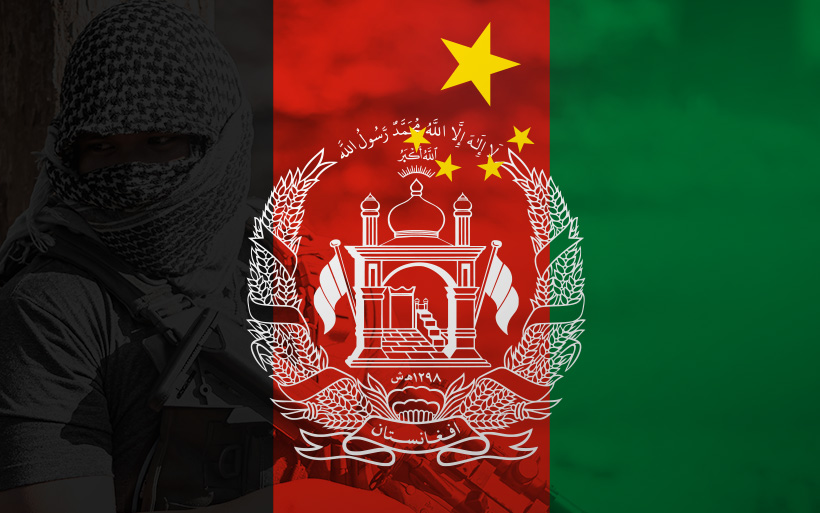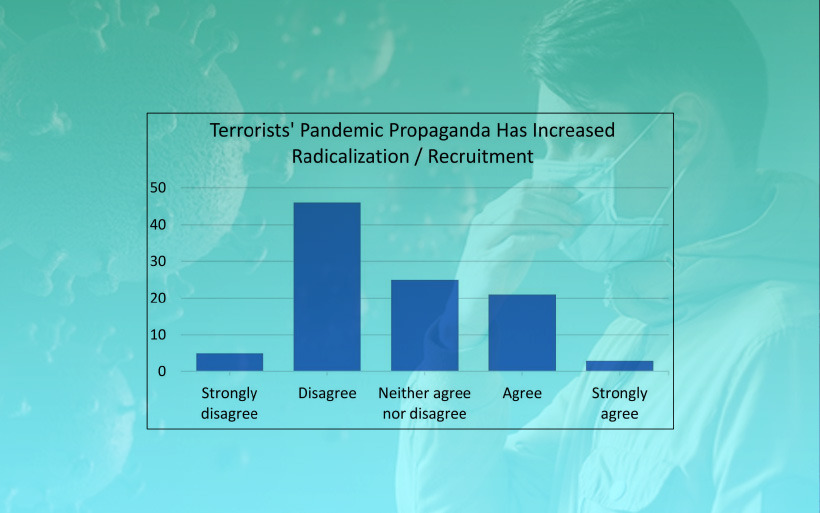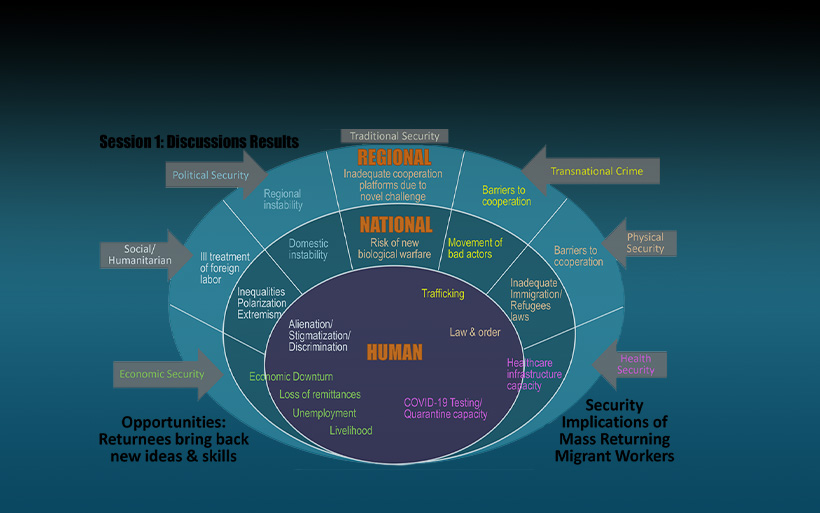Achieving Effective Herd Protection with SARS-CoV-2: A Strategy to Prevent Public Health and Economic Collapse
“Achieving Effective Herd Protection with SARS-CoV-2: A Strategy to Prevent Public Health and Economic Collapse” is the title of a paper written by DKI APCSS alum Dr. Noel Lee J. Miranda for Security Nexus. This article discusses strategies to harness the collective utility of proven tools and approaches in achieving effective herd protection with SARS-CoV-2. Excerpt The main intention of lockdown, known in the Philippines as Enhanced Community Quarantine (ECQ), is to reduce the reproductive rate of SARS-CoV-2 transmission to a point near virus elimination, as demonstrated in the lockdown in Wuhan, China, and in other relatively successful countries. Beyond [...]















